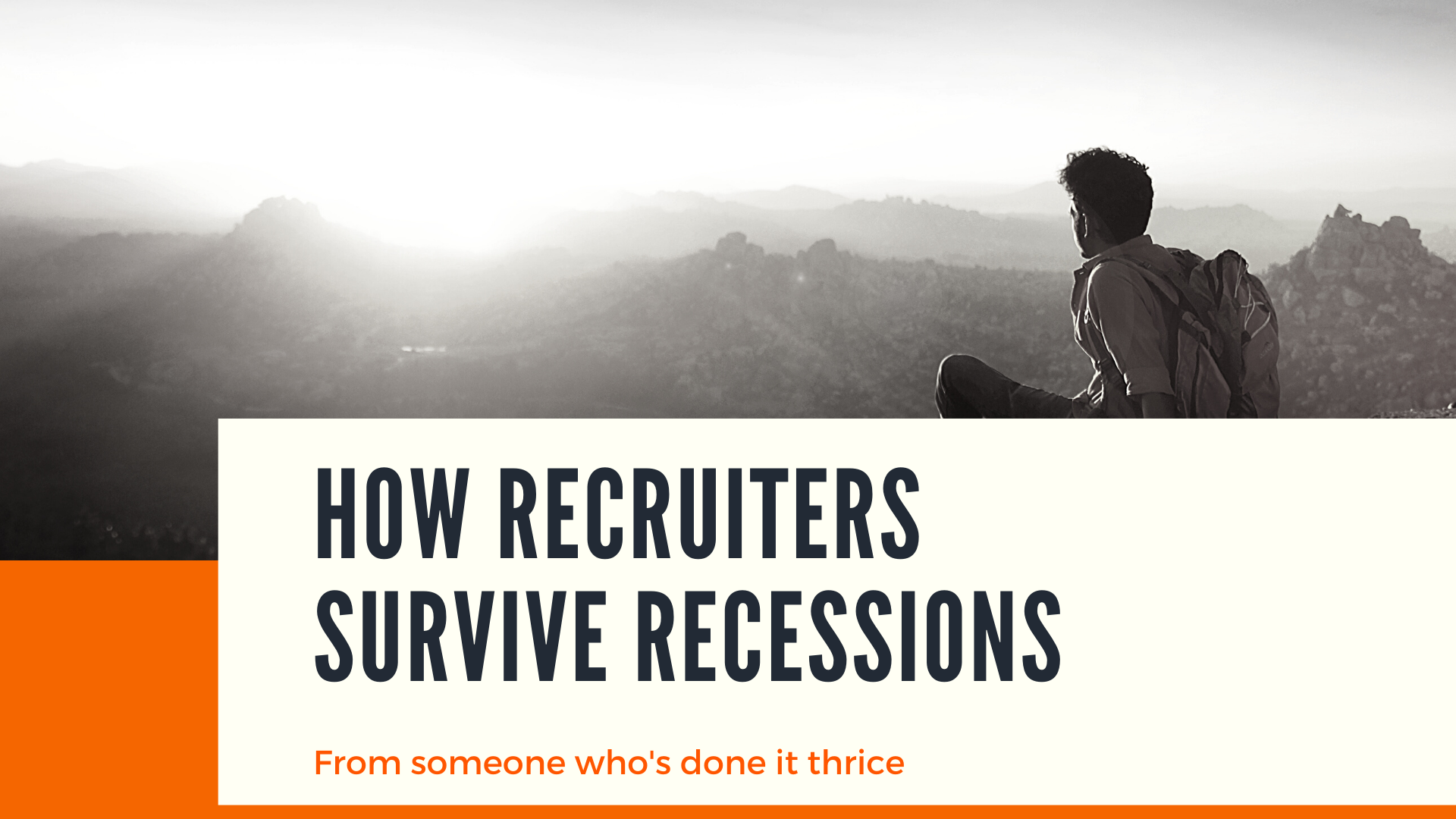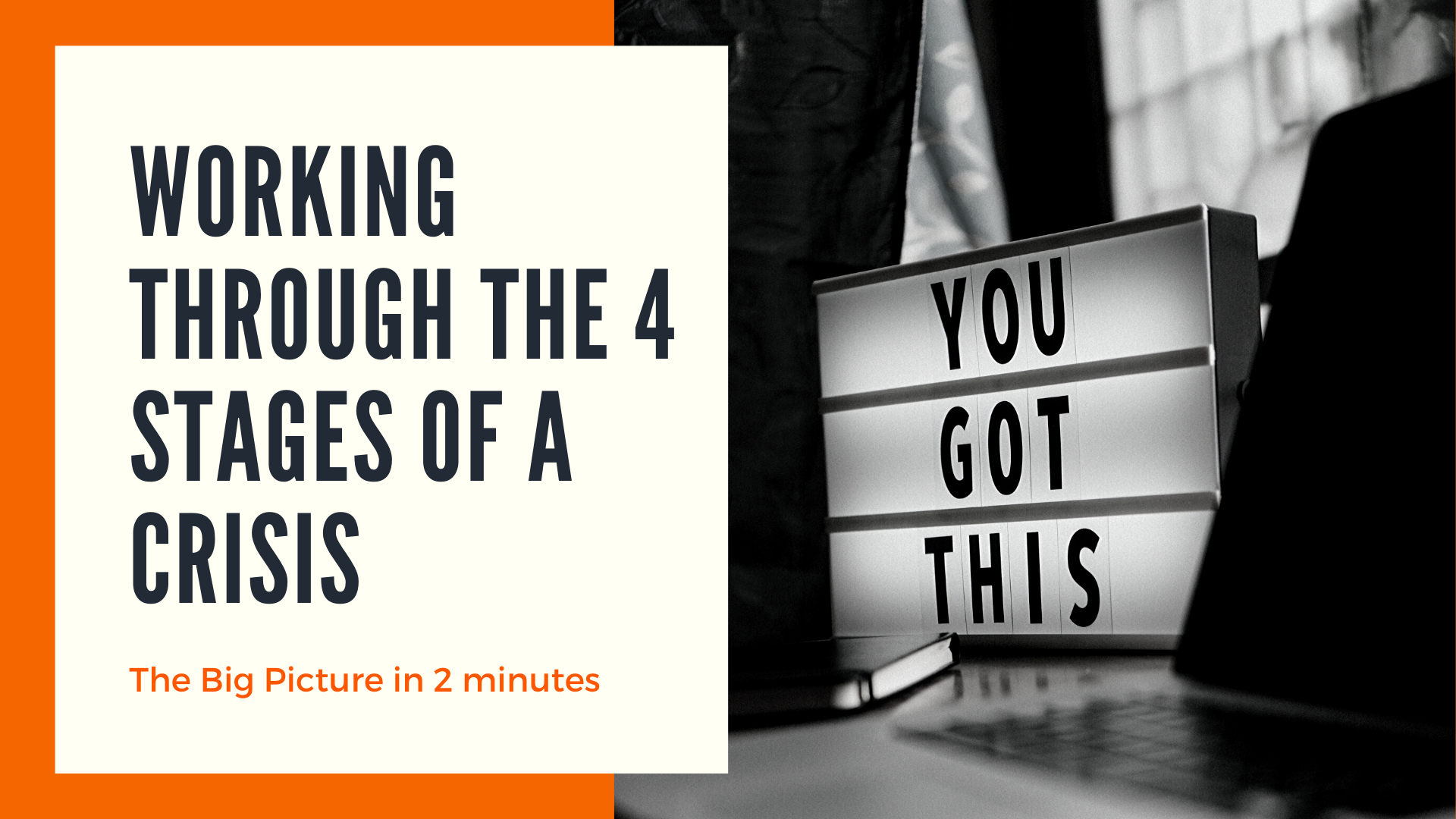Title: Outliers
Author: Malcolm Gladwell
Who is it for: People who genuinely seek success for themselves and for those with children who want to see them get on in life.
What’s the book about: Why do some people achieve so much more than others? Can they lie so far out of the ordinary?
In this provocative and inspiring book, Malcolm Gladwell looks at everyone from rock stars to professional athletes, software billionaires to scientific geniuses, to show that the story of success is far more surprising and far more fascinating than we could ever have imagined.
He reveals that it’s as much about where we’re from and what we do, as who we are – and that no-one, not even a genius, ever makes it alone
The Review
Success is one thing that most of us crave; partly because of the material things it can give us and partly because it stokes our ego. We see others around us who are very successful (dubbed Outliers), some of whom were old school friends or work colleagues, and wonder “why them?”
Well, Outliers goes a long way to answering that question. Which in turn can help change your future and the future of your children.
Essentially he states that success is less about people’s innate talents and abilities and more about when they were born and how many hours they spent doing something as well as their family, culture, education and upbringing.
Here are just some of Gladwell’s ingredients for success: –
- When you were born: Bill Gates, Steve Jobs and Larry Ellison were all born with a few months of each other which means they were just the right age when the computer boom first began and were well placed to be part of it. You can’t help when you’re born but it can help you.
- 10,000 hours: Gladwell states this is the magic number. Even if you have no talent for something if you do it for 10,000 hours he says you will become an expert. Gates had access to a computer from the age of 13 and got his 10,000 programming hours by the time he was 21. The Beatles managed to get their 10,000 hours by playing in Hamburg dive bars between 1960 and 1964. Put the effort in and the rewards will come.
- Environment: IQ is less important than environment. He cites the difference between Chris Langham with an IQ of 195 who should have had an outstanding career but instead was in and out of prison all his life because of his poor family life. Compare that with Robert Oppenheimer, the inventor of the A-Bomb, who was no smarter but came from an upper class family and succeeded despite trying to poison his college tutor.
- Education: this may seem obvious but the more time kids spend in school and an educationally rich environment the better they do. He mentions the KIPP project in the US that is having outstanding results simply by getting kids to be in school more.
- Luck: sometimes you just need a break as one of Gladwell’s own ancestors got when as a slave in Jamaica she married the plantation owner which removed her from a desperate alternative life. He attributes his own success to this one single twist of fate far back in time.
I have read this book a couple of times now and find it both informative and inspiring. I thoroughly recommend it for people who genuinely seek success for themselves and for those with children who want to see them get on in life.





